International travel guide
What Kiwi travellers need to know about heading overseas in the era of Covid-19

Re-entering the big wide world for the first time since the pandemic struck may be incredibly exciting, but no one would blame you if you’re feeling a bit anxious about it too.
The world has changed immeasurably since Covid-19 entered our vocabularies, and international travel has too.
Don’t let that put you off though. Many countries around the world are ecstatic to welcome visitors back and easing, if not completely eliminating, restrictions. Once you're exploring that new city, tucking into that delectable new dish, or sunning yourself under a tropical sun, the "C-word" will be the last thing on your mind.
Take the time to familiarise yourself with the new rules, and you can rest assured you're doing all you can to enjoy a stress-free - and undoubtedly well-deserved - overseas break. Please bear in mind though that rules can change rapidly, so always check with official sources before heading to the airport. Happy travels.
Before you head off
From ensuring you meet the Covid-related entry requirements for your destination to getting the right pre-departure tests, overseas travel isn’t as simple as it once was. With the right info though, there’s no reason your journey can’t be plain sailing. Or flying.
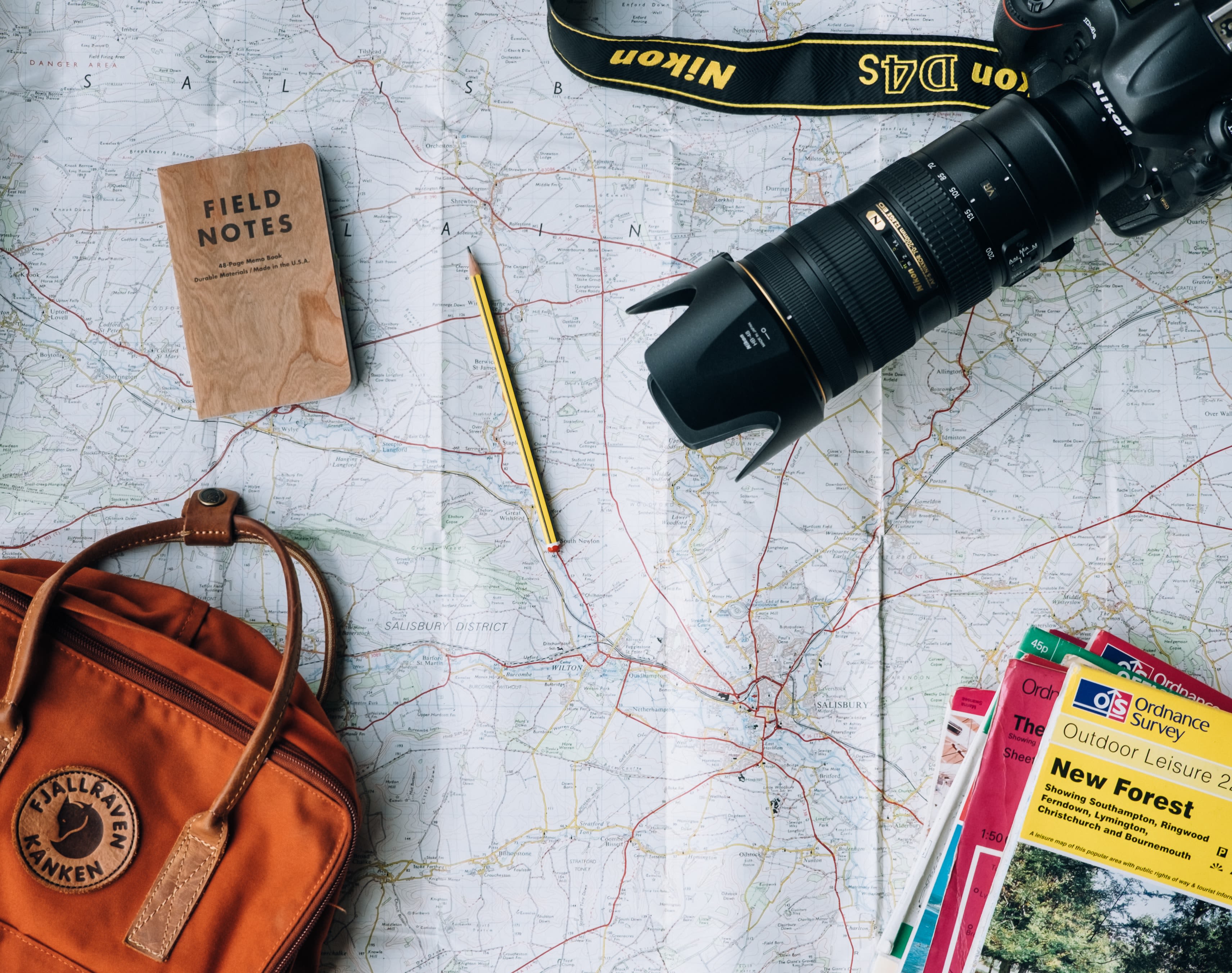
Where can I travel to?
The world is your oyster - with a few caveats.
You can travel wherever in the world strikes your fancy, but you’re likely to have trouble getting travel insurance if you head to a destination the Ministry of Foreign Affairs and Trade (MFAT) has issued a “avoid non-essential travel” or “do not travel” advisory for.
MFAT’s four-level advisory system provides advice on safety and security issues in destinations around the globe. The advice can change at any time, so make sure you check the SafeTravel website before booking. Here’s a quick rundown on each of the four levels:
Exercise normal safety and security precautions: These are destinations where MFAT feels the safety and security situation is similar to that in New Zealand. Currently there are no destinations listed under this level.
Exercise increased caution: Destinations with more significant safety and/or security concerns than you would typically find in New Zealand. Most Kiwis are unlikely to be affected by them, but are advised to pay close attention to their personal security. As of April 2022, these destinations included Australia, the Cook Islands, Fiji, Tonga, New Caledonia, Vanuatu, Singapore, Hong Kong, most of Thailand, Bali, South Africa, the United Kingdom, the United States, Canada, France and Italy.
Avoid non-essential travel: Areas with significant or sustained safety and/or security concerns. MFAT recommends you defer any non-essential travel to such areas. In the event of a crisis, you cannot expect the Government to assist you.
Do not travel: This usually applies to areas with conflict, war or ongoing civil unrest, or where MFAT feels Kiwis are at heightened risk. The Government may not be able to assist you in such destinations if you are detained or otherwise prevented from leaving. If you are already in such an area, consider leaving as soon as it is safe to do so.
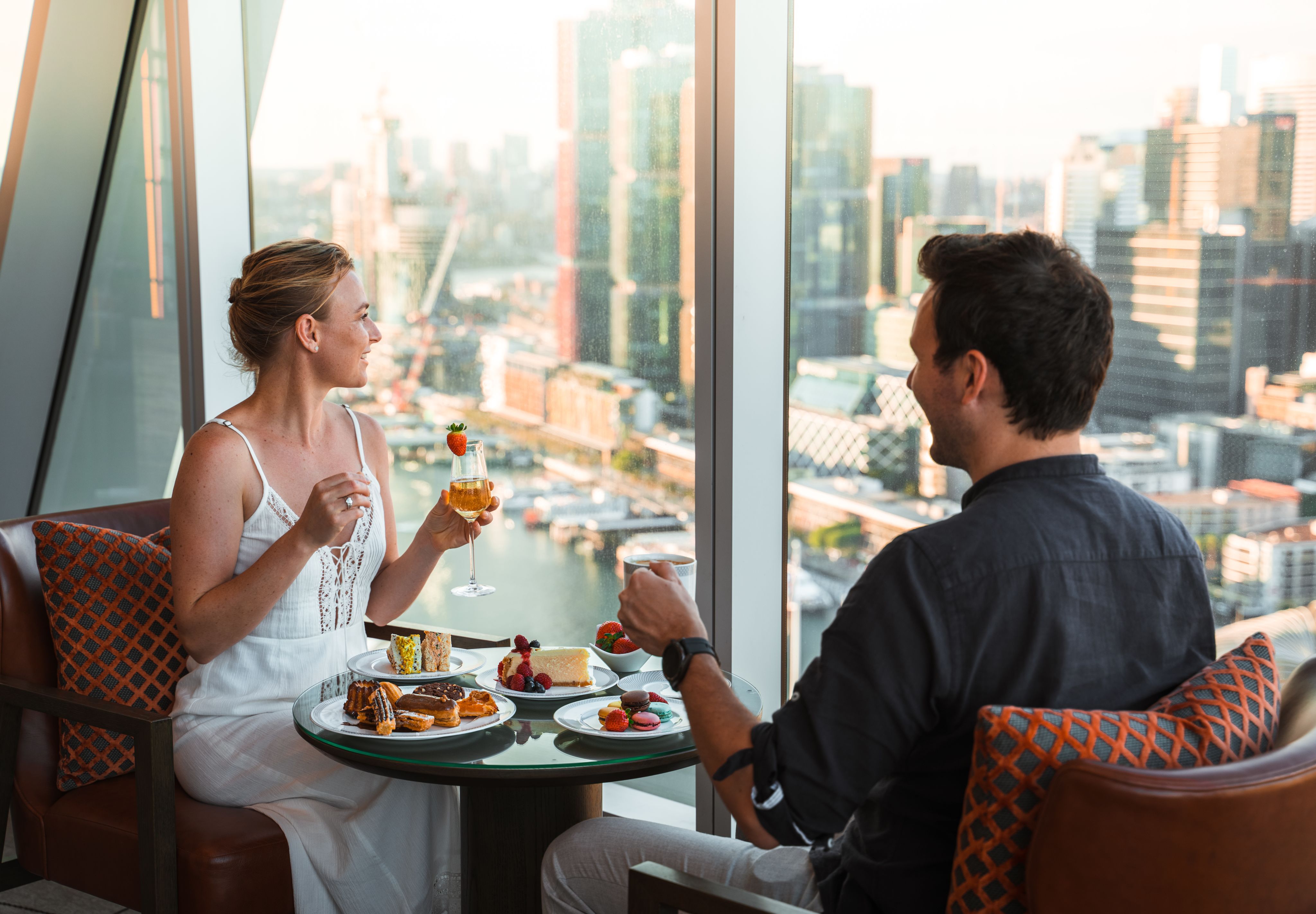
The world is your oyster - with a few caveats. Brook Sabin/Stuff
Time for a trip across the Tasman? Brook Sabin/Stuff
Do I need to be vaccinated to leave New Zealand?
Different destinations have different entry requirements - some require incoming travellers to be vaccinated and some don’t. Check the entry requirements for the destination you intend to visit or transit through on its official government website or with its diplomatic representative in New Zealand. Read more
Neither vaccinated nor unvaccinated Kiwis need to quarantine or self-isolate upon their return to New Zealand. Read more
Some airlines require international passengers to be vaccinated. However, Air New Zealand recently changed its requirements. Domestic passengers no longer have to show either proof of vaccination or a negative Covid-19 test, and international flights will be open to both the vaccinated and unvaccinated from May 1. International Qantas and Jetstar passengers must all be vaccinated. Check with your airline before booking. Read more

How do I get an International Travel Vaccination Certificate?
An International Travel Vaccination Certificate enables you to prove your Covid-19 vaccination status when travelling overseas. It's different from the My Vaccine Pass used within New Zealand. Anyone aged five and over who has had a dose of the vaccine in New Zealand can request a certificate.
The certificate complies with EU Digital Covid Certificate standards, but some countries have different requirements. Check those of the destination you are visiting before booking.
You can save the certificate, which will be valid for 12 months, to a digital device such as a phone, or print out a hard copy. You can get a certificate online through My Covid Record, by calling 0800 222 478, or in person at a pharmacy.
If you received one or more dose of the vaccine overseas, you should also request an international travel certificate from that country. If you received both doses overseas, you cannot get a New Zealand International Travel Vaccination Certificate.
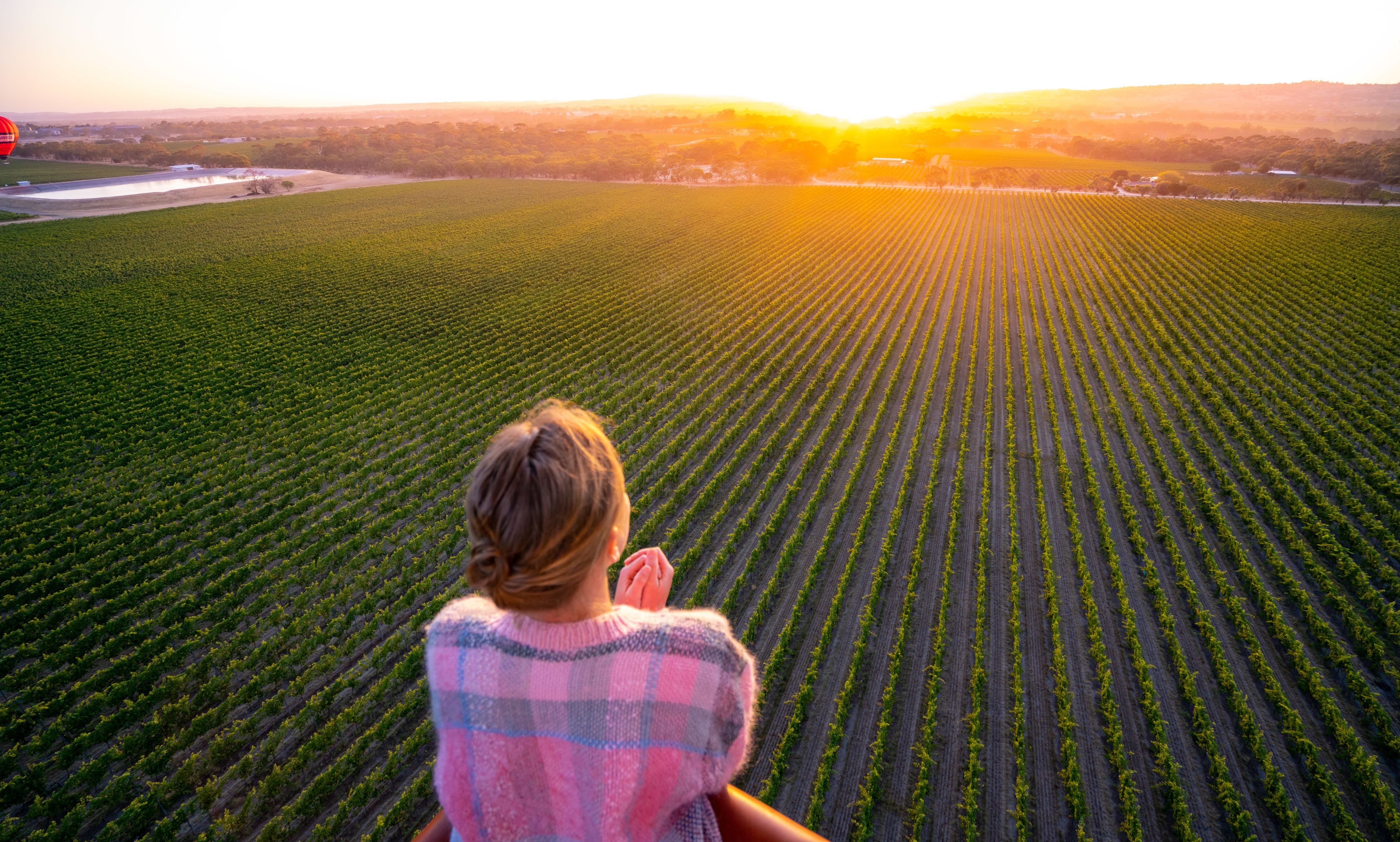
Make sure you have an International Travel Vaccination Certificate before heading off overseas. Brook Sabin/Stuff
Make sure you have an International Travel Vaccination Certificate before heading off overseas. Brook Sabin/Stuff
How do I make sure I get my passport in time for my overseas trip?
Since the Government’s border reopening announcement in February, Kiwis have been facing long waits to get passports or have expired passports renewed.
Te Tari Taiwhenua Department of Internal Affairs has said the reason for the delays are because of the “sharp increase” in demand with borders reopening, combined with staff absences due to the Omicron outbreak. Read more
How risky is flying?
The risk of air travel in the Covid era has been a matter of debate since the pandemic started. The airline industry has claimed the risk to passengers is low, in part because of cabin ventilation and filtration systems, but a recent study published in the Journal of Travel Medicine concluded that “this does not necessarily mean that there is a low probability or risk of in-flight infection”.
There is little doubt the risk has increased with Omicron. UK data has shown the chances of a person infected with Omicron spreading it in a household is three times greater than with Delta, while the odds of spreading it to a close contact are double.
Dr David Powell, a medical advisor for the International Air Transport Association (IATA), told Bloomberg News the risk of infection in-flight with Omicron at large may be two to three times greater than with Delta.
“The relative risk has probably increased, just as the relative risk of going to the supermarket or catching a bus has increased with Omicron,” Powell said.
The IATA said in a statement the following day that “the cabin remains a very low-risk environment for contracting COVID-19 even though Omicron appears to be more transmissible than other variants in all environments”.
If you do decide to fly, experts recommend you wear an N95 mask, and remove it to eat or drink only when those next to you have replaced theirs. Read more tips for surviving long-haul travel.

Go shopping in Melbourne. Brook Sabin/Stuff
Go shopping in Melbourne. Brook Sabin/Stuff
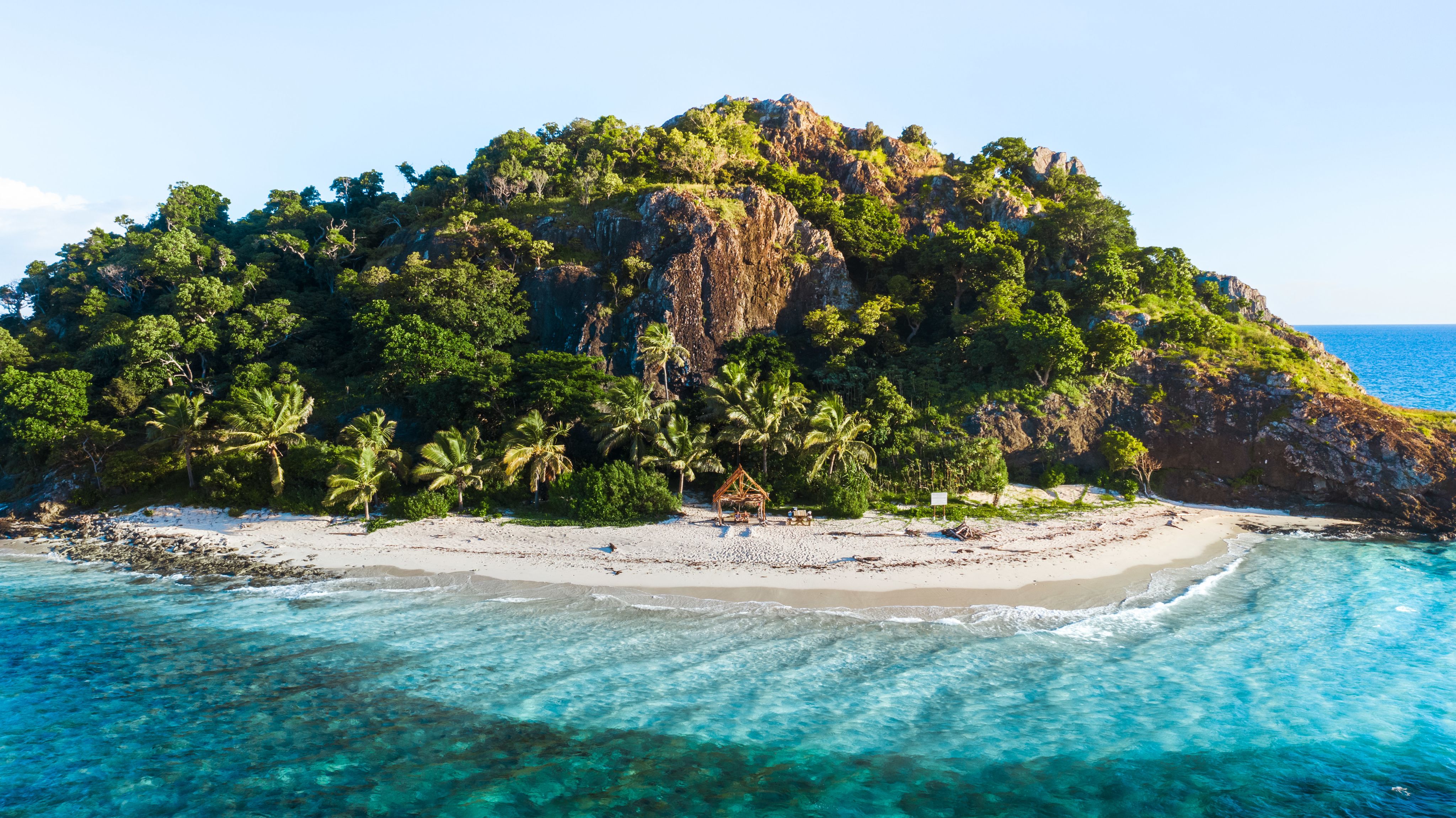
Fiji is open for business Brook Sabin/Stuff
Fiji is open for business Brook Sabin/Stuff
What are the entry requirements for Pacific Island countries?
Several of the most popular Pacific Island nations with Kiwi visitors are welcoming travellers again, including Fiji, the Cook Islands, New Caledonia and French Polynesia. You won't need to quarantine or self-isolate in any of these countries, but you will need to ensure you meet their different entry requirements. Read more.
What are the requirements for Australia?
Fully vaccinated New Zealand passport holders and other eligible travellers from New Zealand can travel to Australia quarantine-free. Travellers are no longer required to take a pre-departure test to enter Australia. All travellers arriving or transiting Australia need to complete a Digital Departure Declaration. Read more
What are the requirements for the US?
Kiwi travellers still need proof of vaccination and a pre-departure test to enter the US, but you’ll find few restrictions on arrival, with mask mandates for travel coming to an end.
Travellers are warned that rules can change rapidly, so ensure you check your airline’s website and the US Centers for Disease Control and Prevention [CDC] website before travelling. Read more
And for major travel hubs around the world?
With many countries around the world easing or eliminating Covid-related travel rules, long-haul travel is getting easier. Still, rules vary greatly and change often, so ensure you're up-to-date with the very latest information long before heading off to the airport. Read more
How early should you get to the airport before an international flight?
The official recommendation from most airlines is that travellers should arrive at the airport around three hours before their international flight. Most check-in counters open three hours before departure.
However, travellers are warned that due to extra security checks, there could be more delays. Read more
While you're away
No one wants to worry about rules and regulations when they’re in holiday mode, and if you’ve done your research beforehand you won’t have to. Here’s what to keep in mind on your adventure.
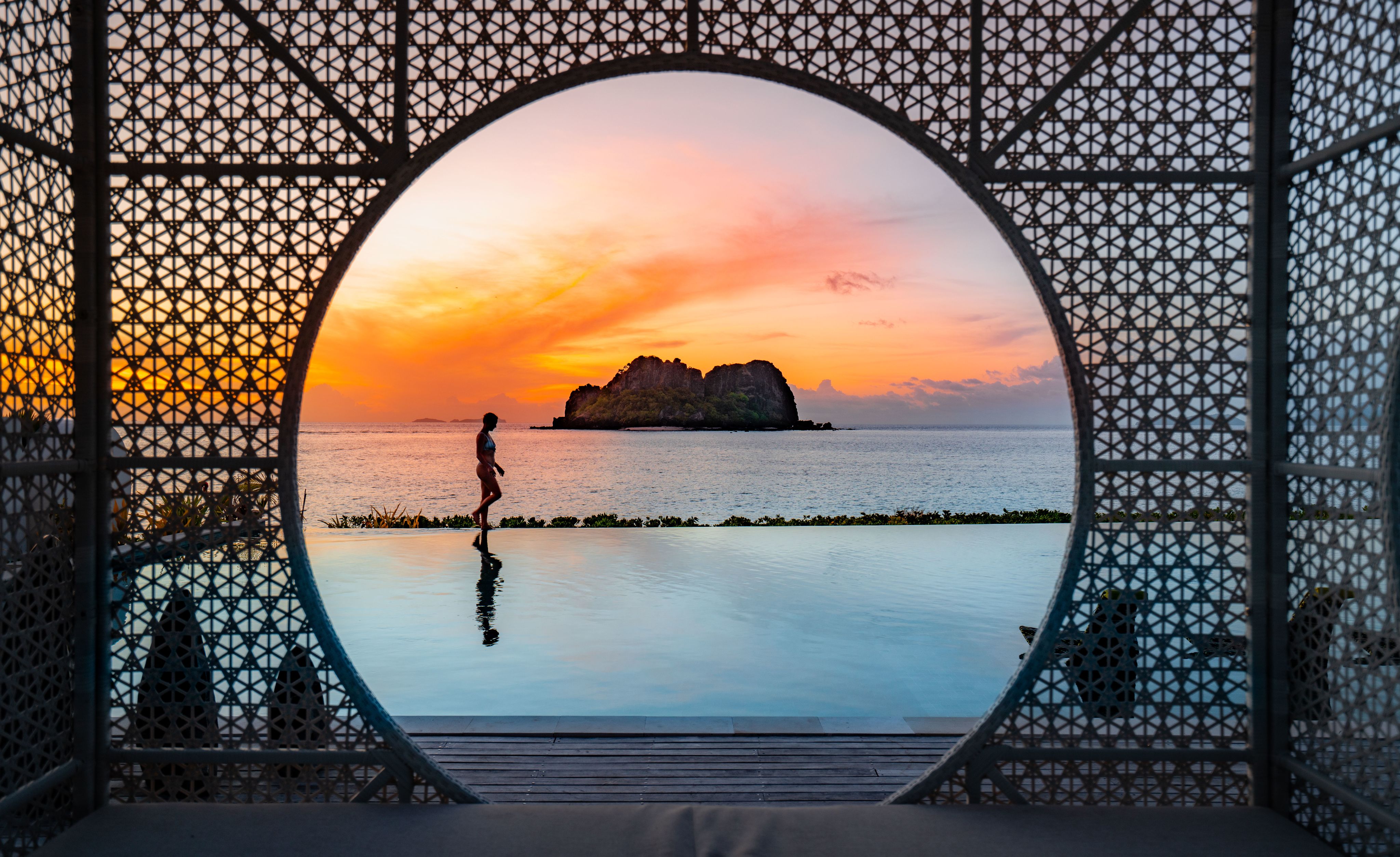
What happens if I get Covid overseas?
Vaccines, negative tests and face masks only do so much to protect against the virus.
Different countries have different rules for overseas visitors who catch Covid-19. In many cases, you will have to self-isolate if you test positive. In most Australian states and territories, for example, the self-isolation period is seven days. Check with the country you intend to travel to before booking.
New Zealand and Australia have a reciprocal health care agreement, which means that New Zealand citizens are eligible for limited subsidised health services while visiting Australia. Read more
Wherever you are heading though, it is still wise to take out travel insurance with Covid cover. If you don't, you may find yourself having to fork out for unexpected costs such as a hotel room to self-isolate in. Read more
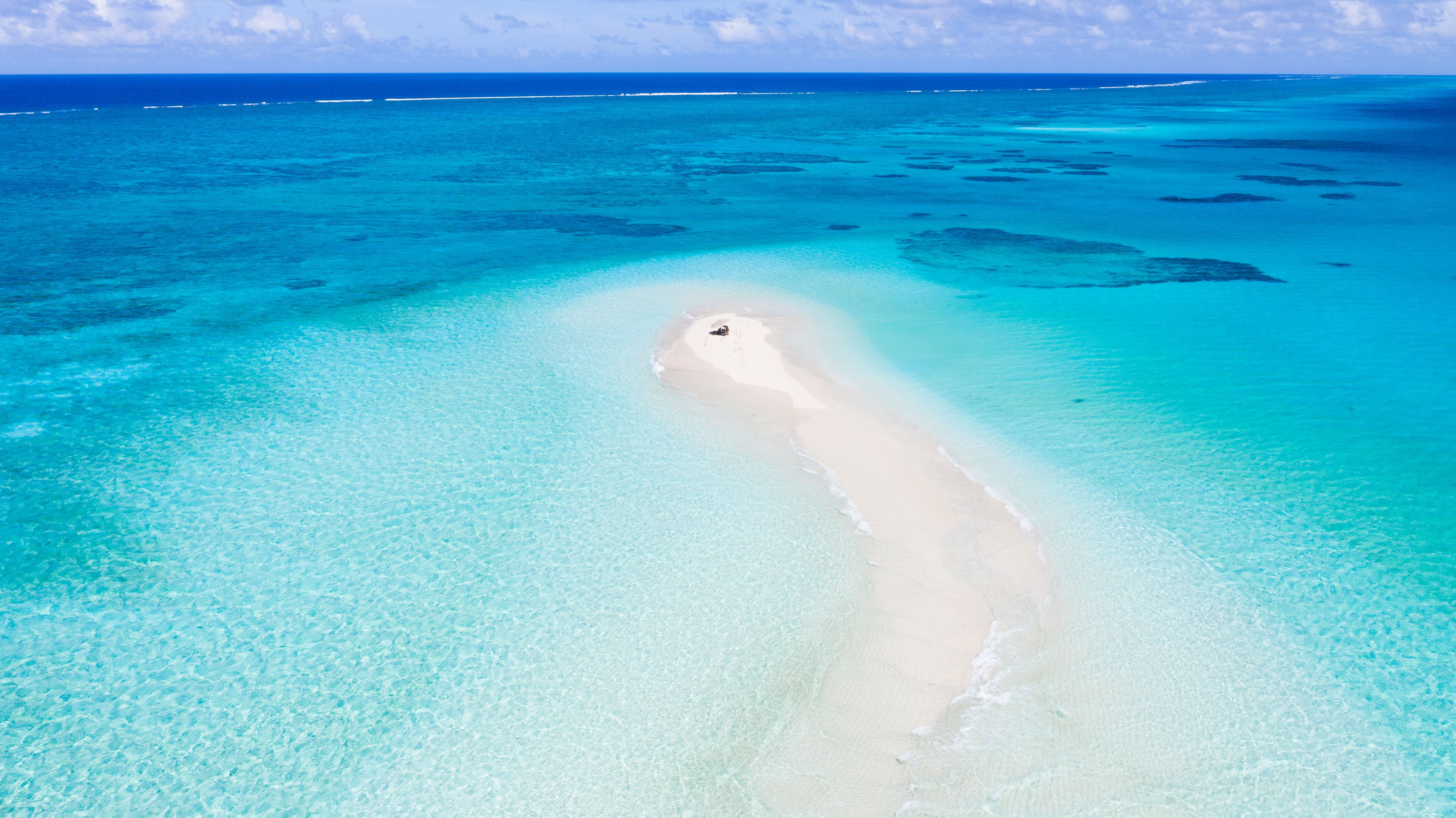
Find your piece of paradise. Brook Sabin/Stuff
Find your piece of paradise. Brook Sabin/Stuff
Will insurance cover me if I get Covid overseas?
It’s more important than ever to take out travel insurance for overseas trips, but insurers vary in the level of Covid cover they provide.
Insurers have traditionally excluded claims relating to pandemics but some offer cover to those who need medical treatment for the virus overseas or have their travel disrupted because if it. To qualify, you will usually need to be travelling to a destination MFAT deems safe to visit. There is no cover for claims arising from Government-mandated lockdowns and border closures. Be sure to check with your insurer about what exactly you are covered for. Read more
What's it like to fly into Singapore right now?
Your experience may be slightly different, there are more forms to fill out, extra precautions to take and the overall experience is not as carefree as it once was. Read more
Coming home
The end of a holiday is hardly cause for celebration, but there’s no need to make the experience even more distressing by getting caught in Covid-related traps on your homeward journey. Here’s what you need to know about returning to New Zealand.
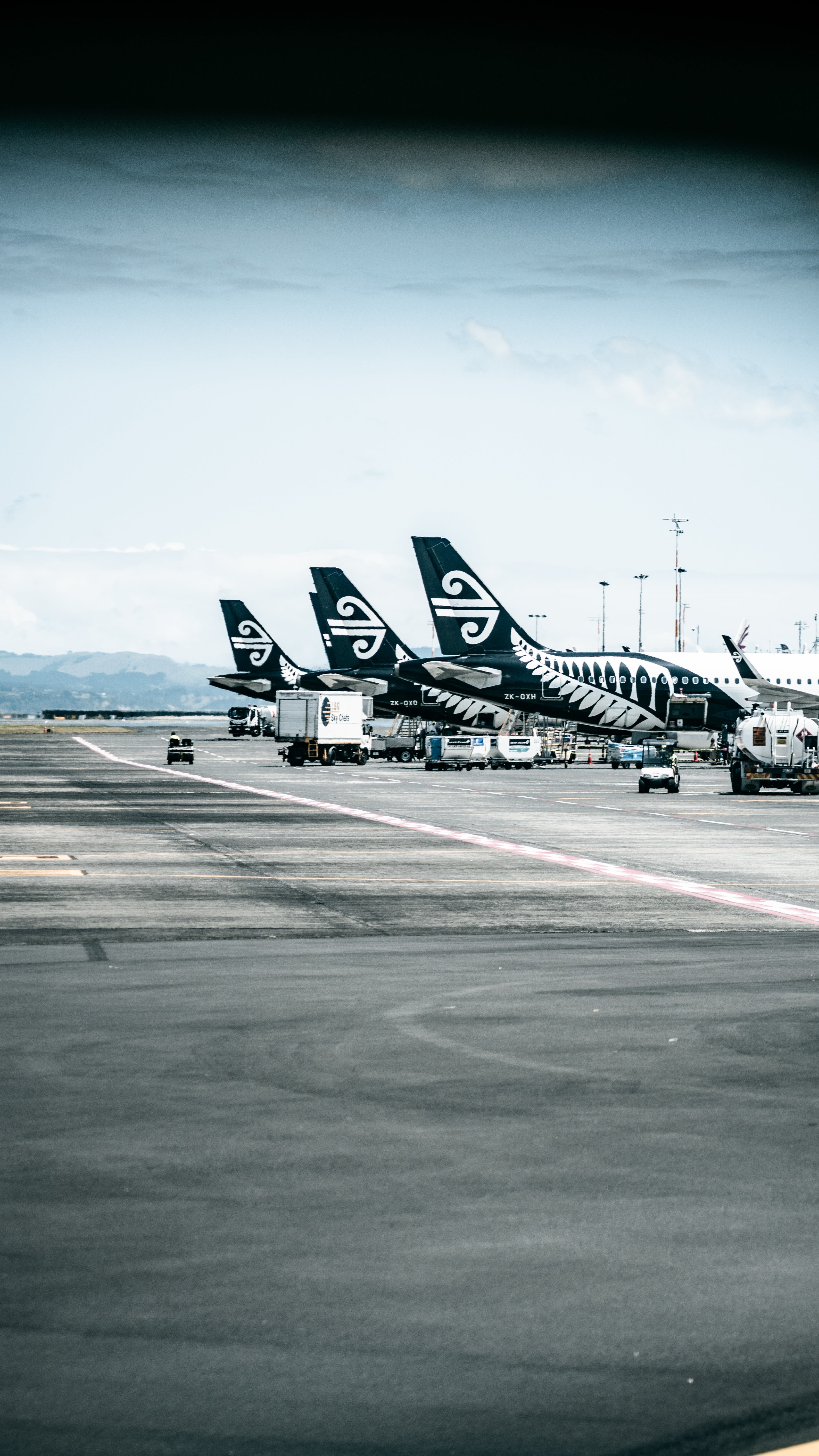
Arriving back in New Zealand
Fully vaccinated New Zealand citizens, residents and other eligible travellers can now return to Aotearoa from anywhere in the world without having to quarantine or self-isolate, but the arrival process is a bit more complex than it was pre-Covid. Here's the lowdown on what you need to do before heading home. Read more
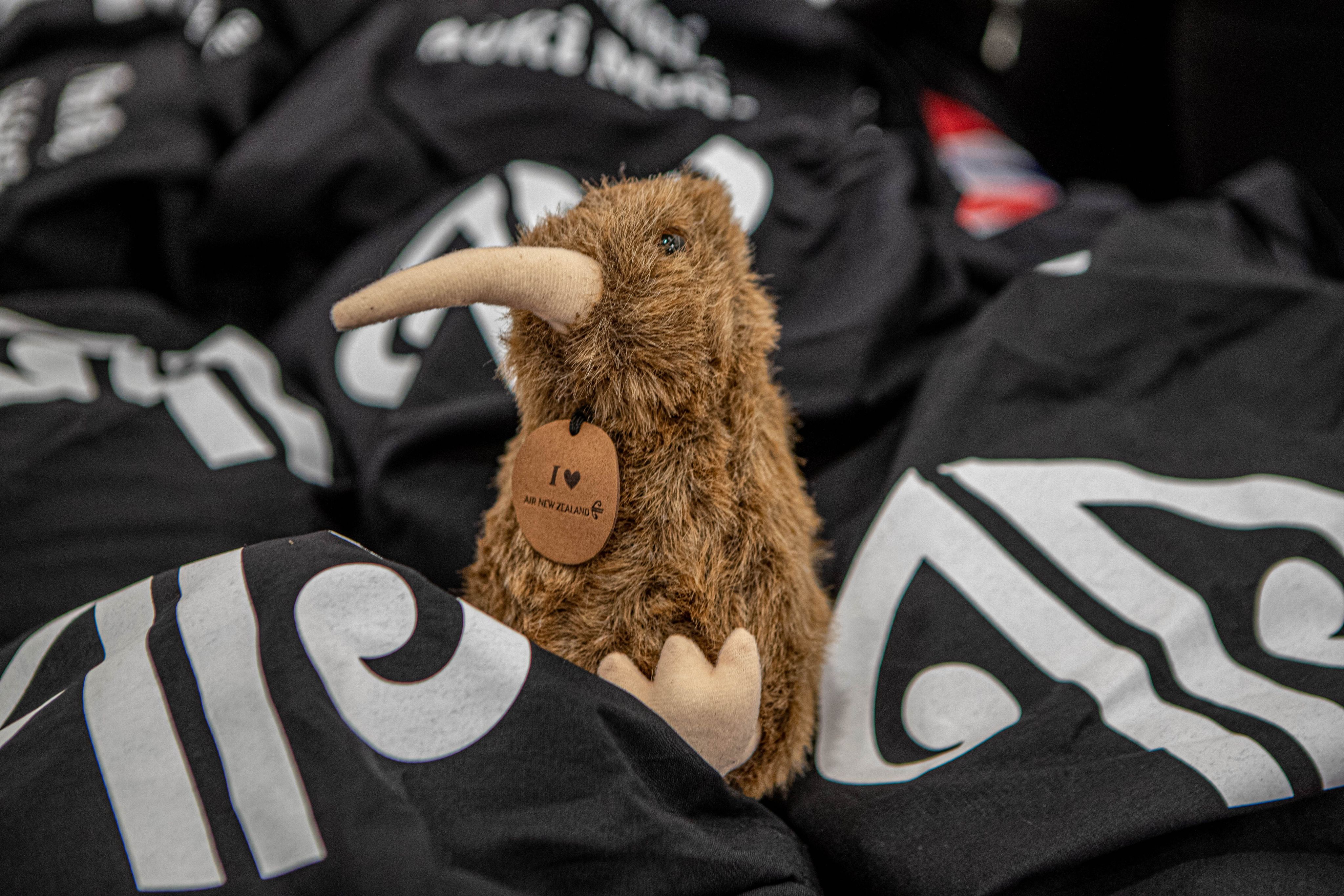
Welcome home! Stacy Squires/Stuff
Welcome home! Stacy Squires/Stuff
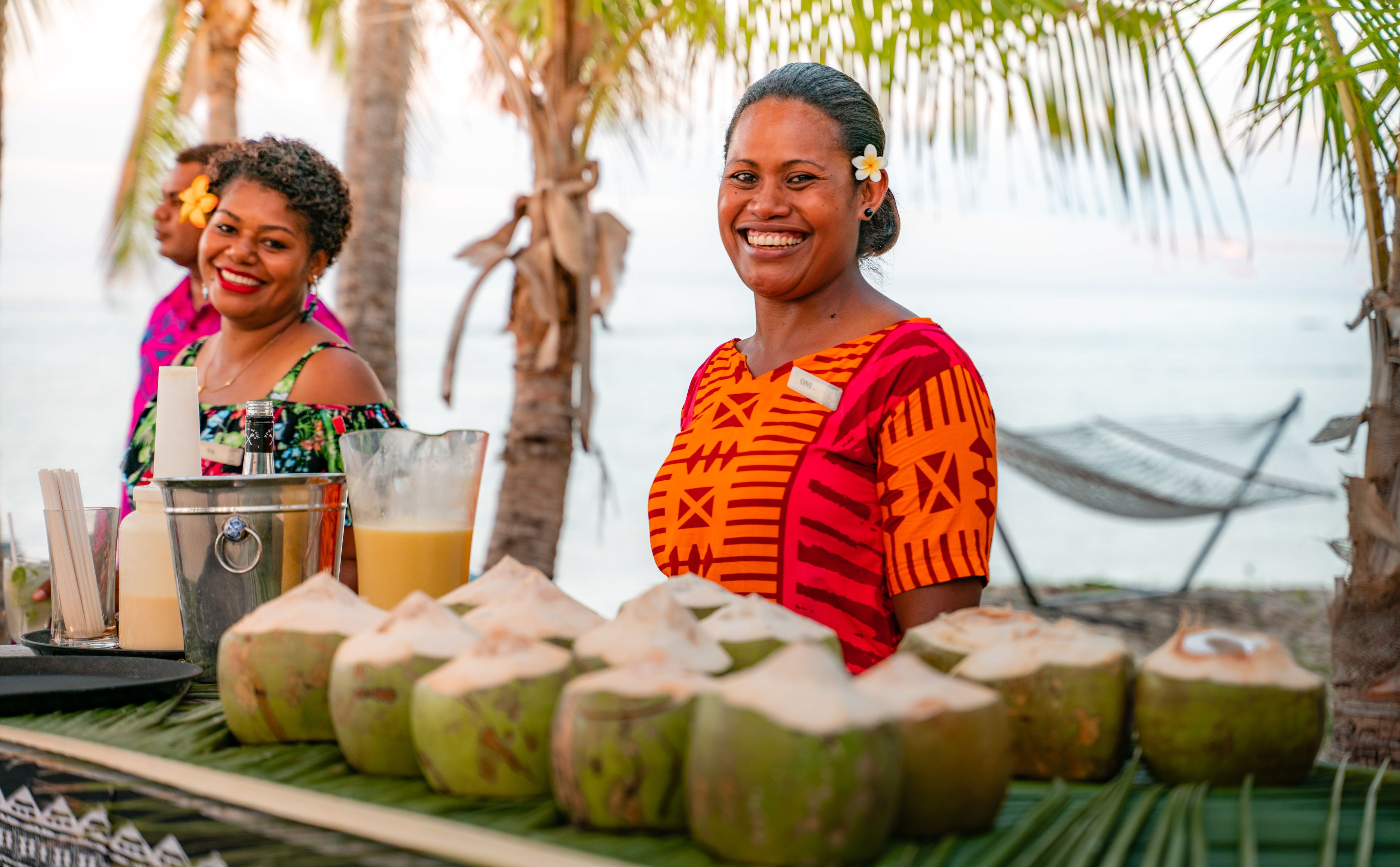
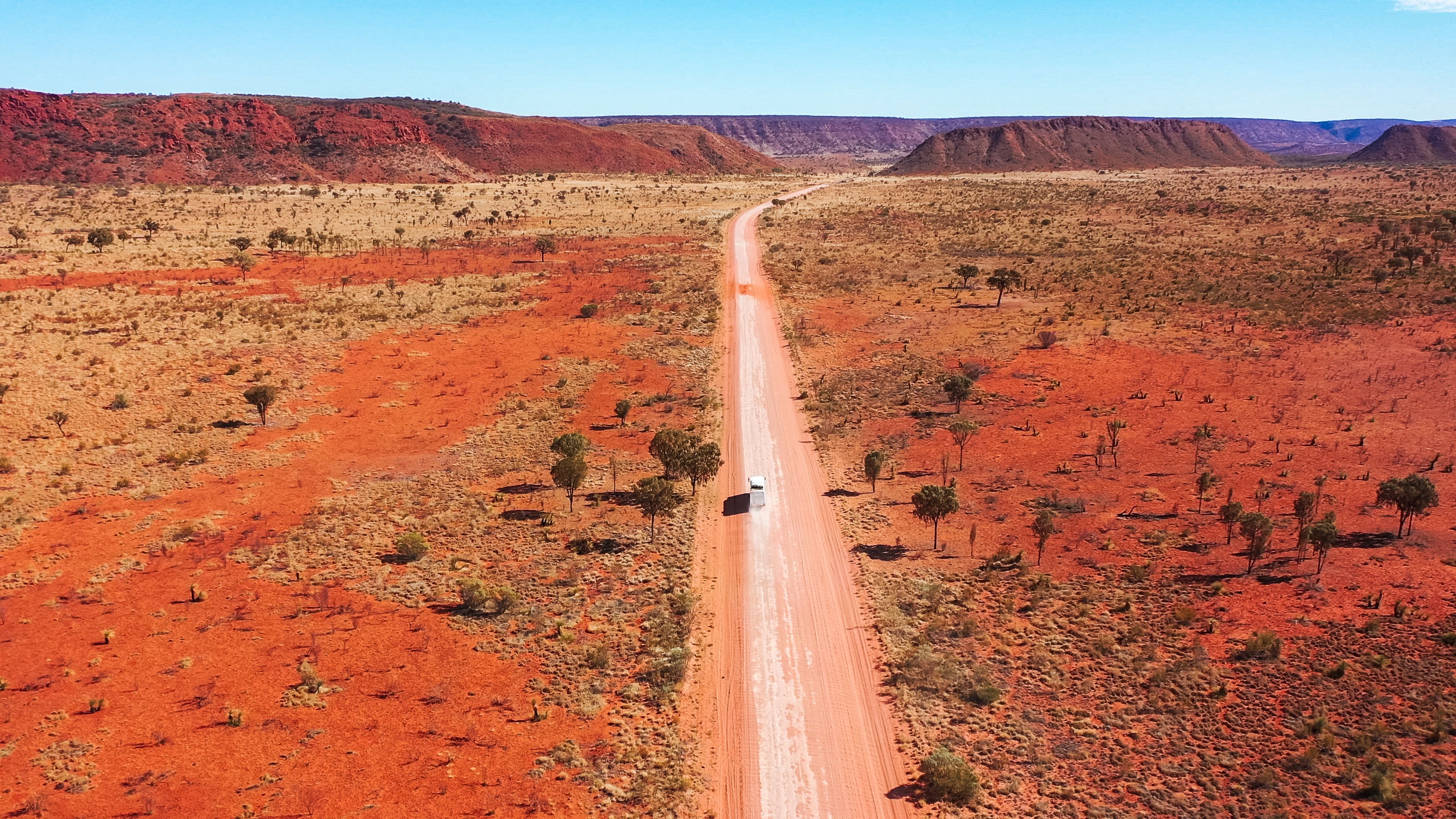

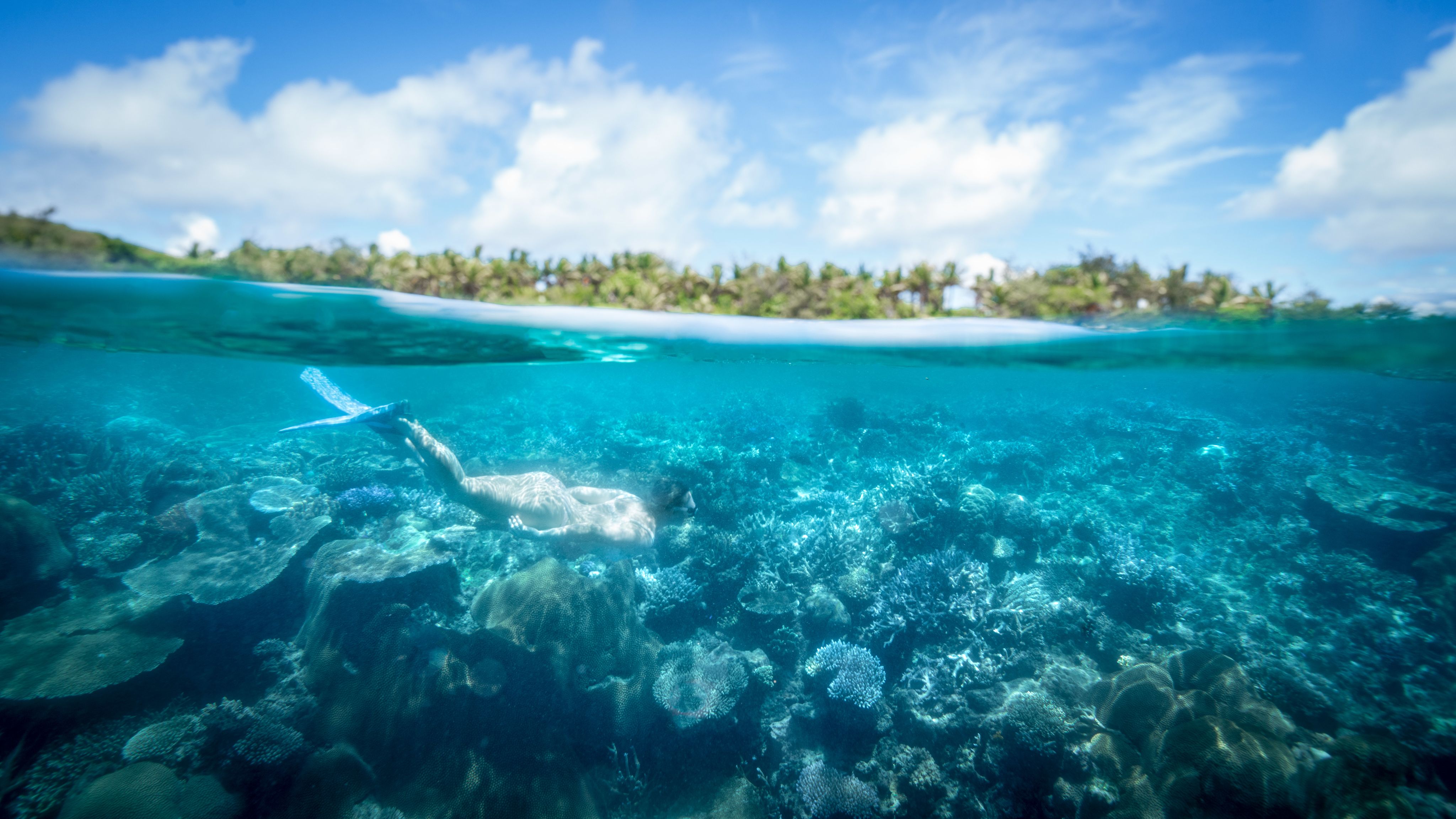

Photo by Brook Sabin/Stuff
Photo by Brook Sabin/Stuff

Photo by Brook Sabin/Stuff
Photo by Lachlan Dempsey on Unsplash

Photo by Brook Sabin/Stuff
Photo by Brook/Sabin

Photo by Brook Sabin/Stuff
Photo by Brook/Sabin
Words: Lorna Thornber, Alan Granville, Siobhan Downes
Editors: Juliette Sivertsen, Trupti Biradar, Stephen Heard
*Information was correct at the time of publication. These rules change daily so check with official government websites before planning travel.


